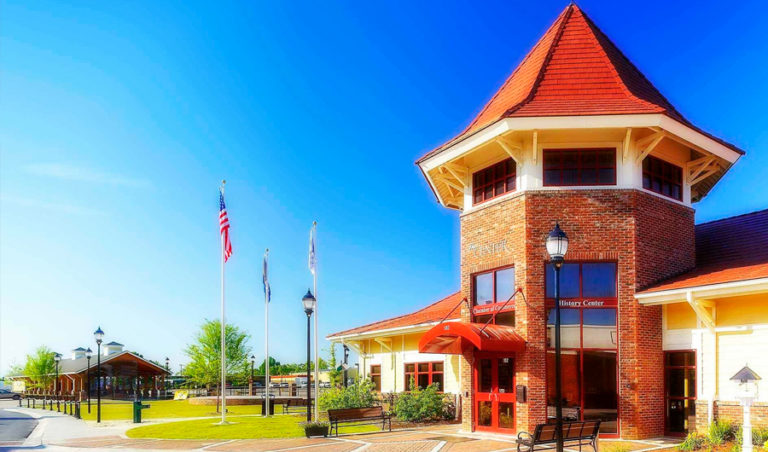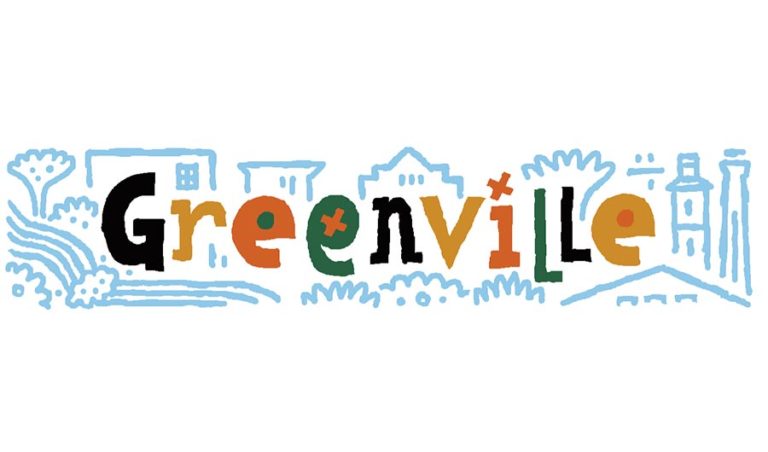Harvard Business Review
by Rosabeth Moss Kanter
Opponents of globalization often point to its negative effects on local communities. But are the effects always negative? Rosabeth Moss Kanter wondered whether global forces could be marshaled to support and develop communities rather than tear them down. In a research initiative focusing on five American communities—Boston, Cleveland, Miami, Seattle, and the Spartanburg-Greenville region of South Carolina—she found three paths to success. The greatest assets to any business, she argues, are concepts, competence, and connections. Any given region, therefore, can thrive as a world-class center of thinkers, makers, or traders. To illustrate these points, she gives us an in-depth look at the success of the Spartanburg-Greenville region, which has become a center for world-class manufacturing. At the time this article was published, the region had already attracted direct foreign investment from more than 215 companies in 18 countries. Behind that success were four critical factors: visionary leadership, a friendly business climate, a commitment to training, and a spirit of collaboration among businesses and between business and local government. The story illustrates what it takes for a local economy to become world-class.
To read more please visit hbr.org










